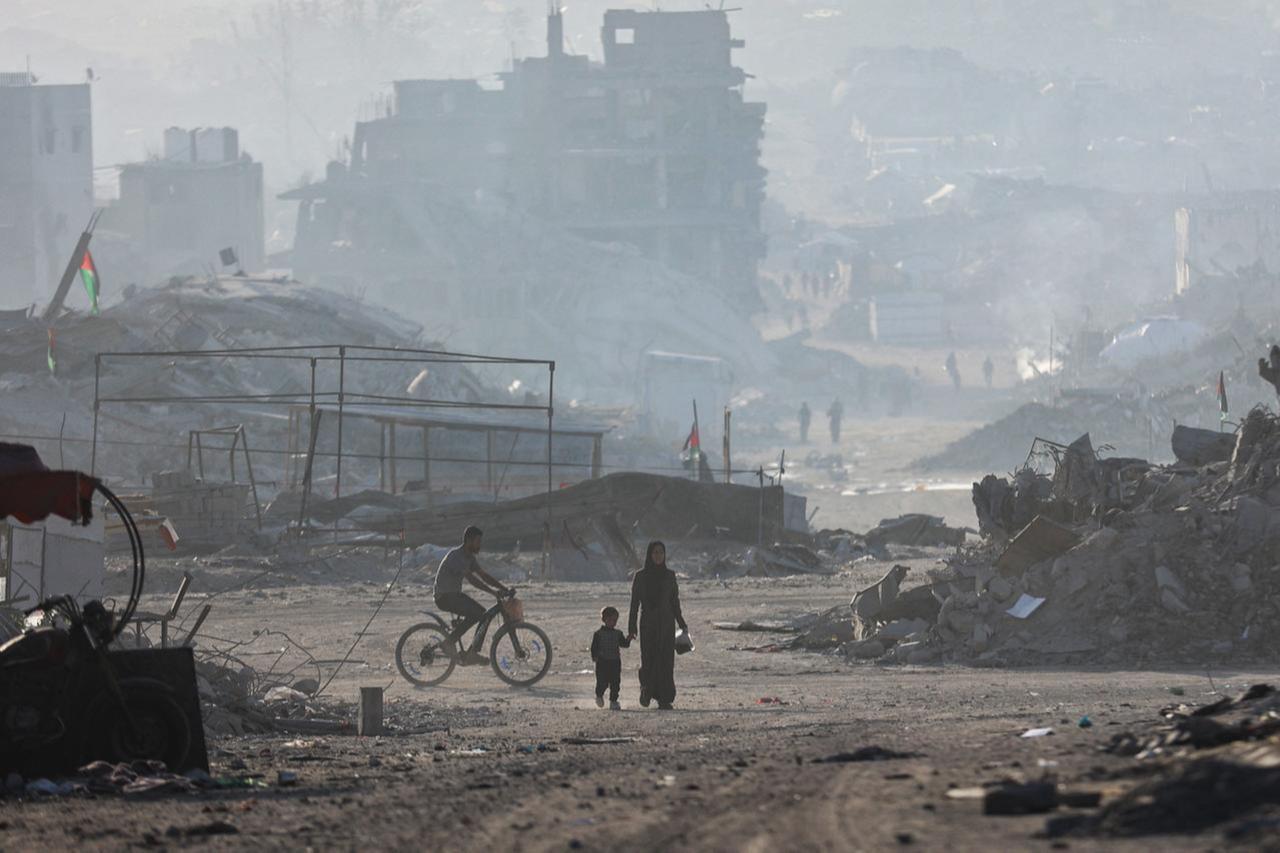
Israeli military’s former top lawyer, Maj. Gen. Yifat Tomer-Yerushalmi, was arrested on Nov. 3. Tomer-Yerushalmi, along with former chief military prosecutor Col. Matan Solomesh, was detained after admitting to leaking a video showing Israeli army soldiers severely abusing a Palestinian prisoner. The leaked footage, aired last year, showed Israeli soldiers surrounding a blindfolded and bound Palestinian detainee—who was in fact a hostage, as he had faced no charge, no trial, and no conviction, much like many other Palestinians held in Israeli prisons—while riot shields blocked visibility as he was allegedly beaten and stabbed in the rectum with a sharp object.
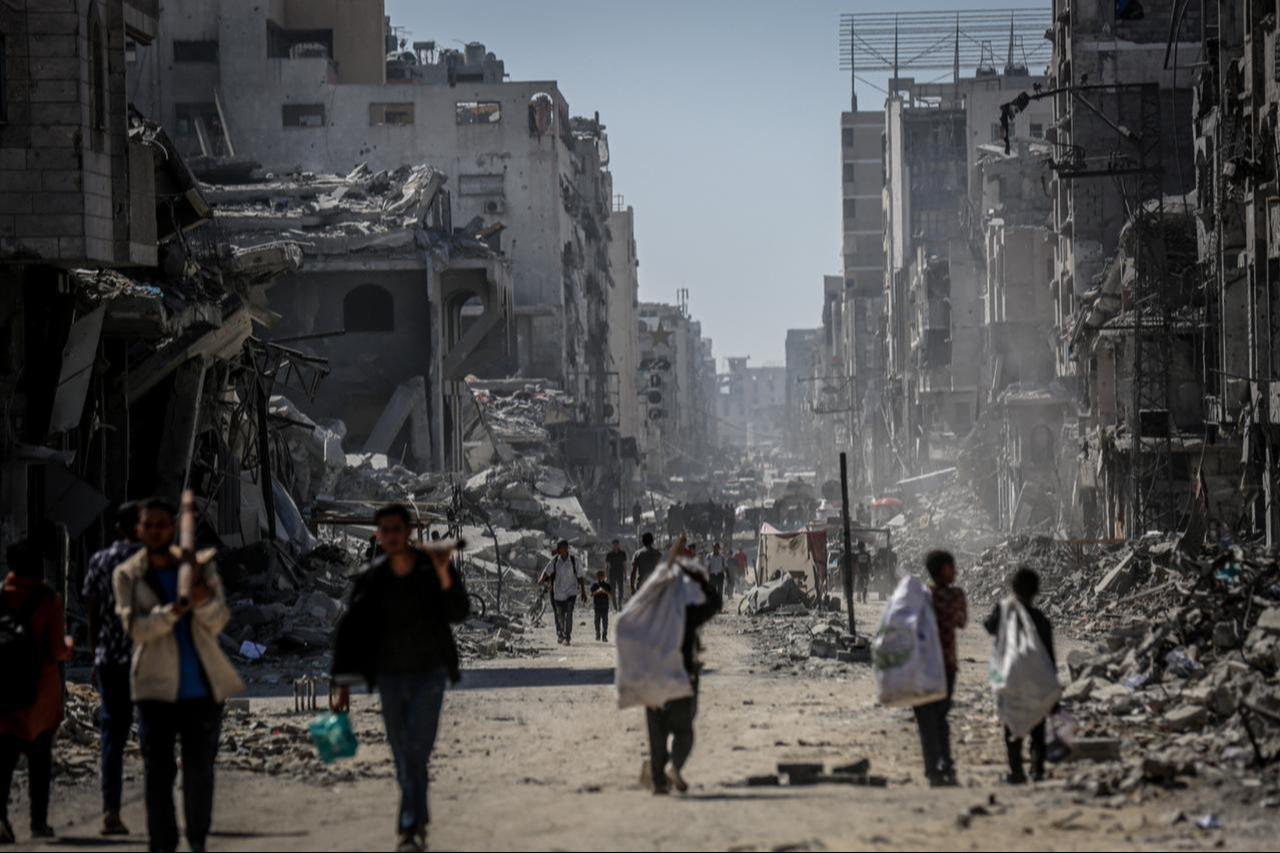
While there were mass protests in Israel to prevent the trials of the abusers from the Israeli army, the person responsible for the video leak, Tomer-Yerushalmi, resigned from her post. Defense Minister Israel Katz announced she would not be reinstated, and she now remains under arrest. Ultimately, what disturbed Israel’s security establishment was not the rape itself, but the potential damage the footage could inflict on Israel’s image in the West.
This particular case is merely a drop in the ocean compared to the numerous atrocities committed by Israel over the past two years. Israel has waged a bloody war against 2 million Palestinians in Gaza—a territory already under siege for more than a decade. Gaza had been bombed by jets and its people killed by snipers long before Oct. 7, 2023.
The ceasefire that halted Israel’s genocide on Gaza on Oct. 8 of this year made the world question the so-called might of Israel’s army and the sophistication of its strategic calculations. After two years of relentless bombardment with U.S.-made jets and bombs, the war has revealed the Israeli army not as a force of high strategic intellect, but as a brutal killing machine sustained by unconditional American support that ensured its firepower remained unbroken.
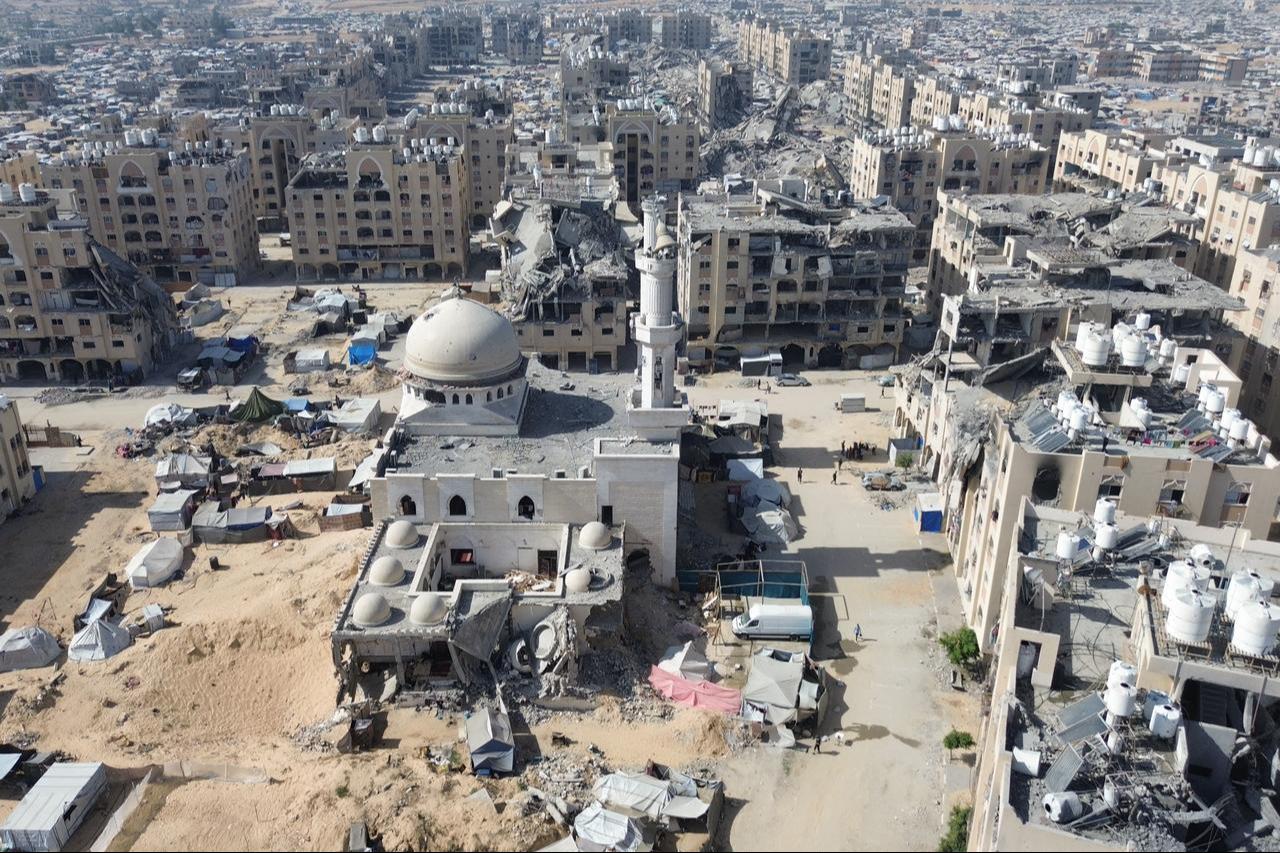
The first questions arose amid the fog of Hamas’ Oct. 7 attacks: How could Israel have failed to detect the operation in advance—and, even after being caught off guard, fail to respond effectively? The Israeli army’s delayed reaction, which took hours, and the infamous Hannibal Directive that led to opening fire indiscriminately, caused many of the casualties that day.
As the ceasefire—despite ongoing Israeli violations—continues to hold, the broader picture has become clearer. Israel may have used its firepower extensively to kill thousands in Gaza, but it has fallen far short of achieving its stated objectives. Its diplomatic and military efforts alike have proven futile.
On the diplomatic front, Israel has failed to sell its genocide to the outside world this time. Its early remarks to completely depopulate Gaza and the forced transfer of Palestinians to neighboring countries were firmly rejected throughout the region. Even U.S. backing could not persuade nearby states to accept a Palestinian exodus.
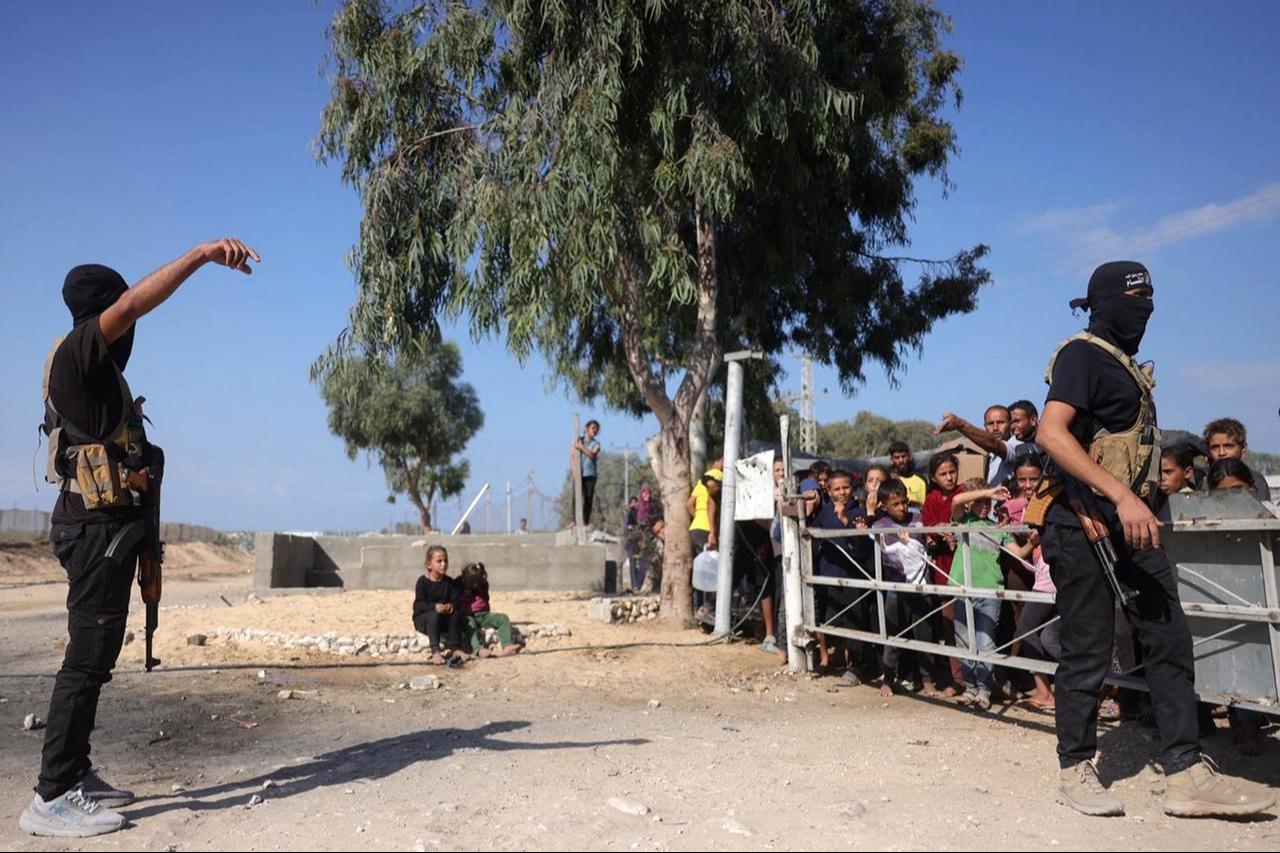
Mass protests against Israel’s genocide have erupted worldwide, and pro-Israel political elites and lobbying groups now struggle to counter this rising tide of opposition. As Israel loses once-loyal supporters in the West, 157 of the 193 U.N. member states now recognize the State of Palestine—20 of them in the past two years alone. Moreover, the International Criminal Court has issued arrest warrants for Prime Minister Benjamin Netanyahu and former Defense Minister Yoav Gallant over their roles in crimes against humanity. Israel’s efforts to fund social media influencers to sway young, pro-Palestine audiences in the West have also fallen flat.
Militarily, Israel’s once-vaunted intelligence and operational capabilities have also underperformed, aside from its ability to rain bombs over Gaza. According to Israeli sources, 471 Israeli soldiers have been killed in the ground offensive. Even after a decadelong blockade, two years of extreme siege, and relentless bombardment supported by advanced signal and satellite intelligence, the Israeli army continued to suffer losses in Gaza right up until the most recent ceasefire.
Israel’s attempts to rescue hostages through military means have likewise failed. Out of 251 hostages, Israel managed to locate and free only eight during its two-year campaign in Gaza. In contrast, Hamas released some 160 hostages in the meantime through prisoner exchange for Palestinian hostages in Israeli prisons as a result of numerous deals during the conflict.
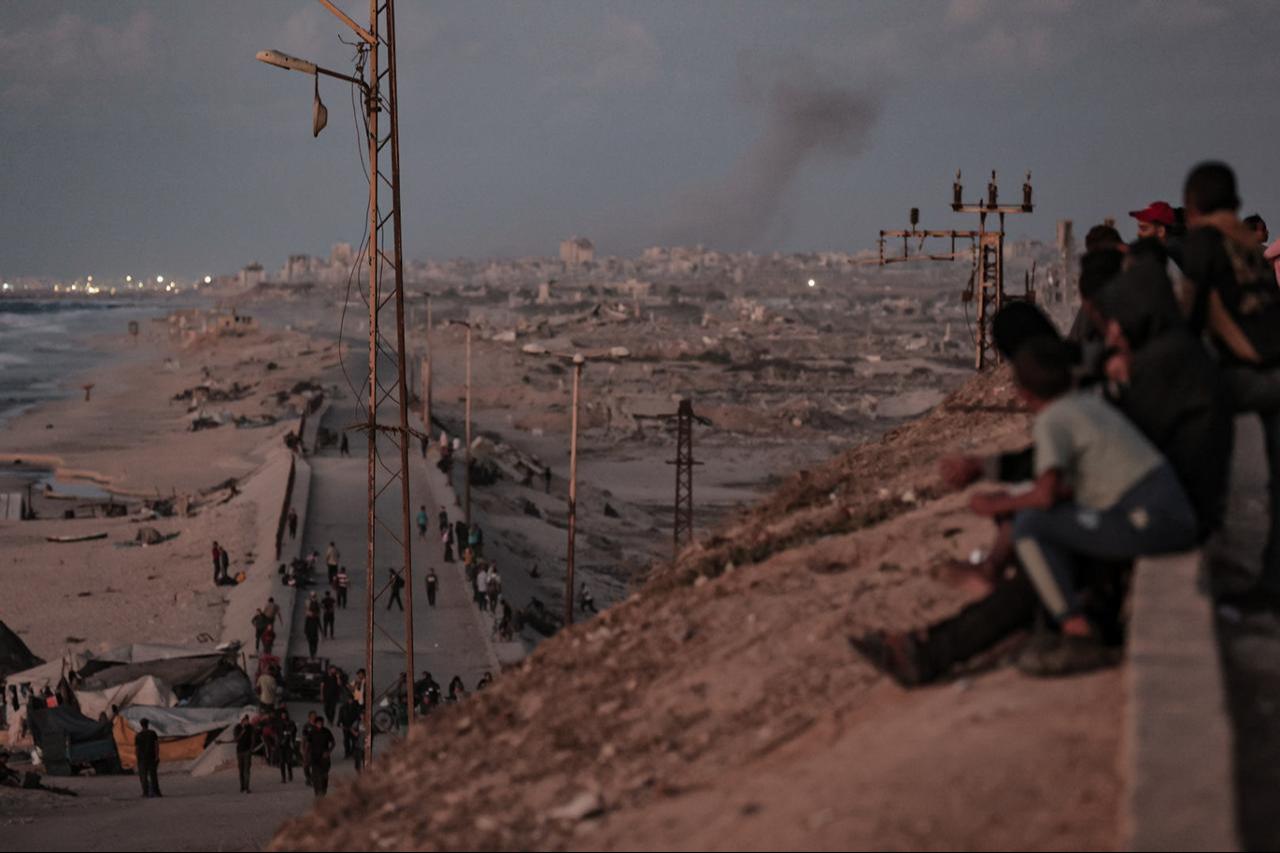
Taken together, these developments paint a picture of profound strategic, moral, and diplomatic failure for Israel despite all the violence it used. What was once portrayed as a mighty military and intelligence power has been exposed as reliant on overwhelming firepower rather than strategic acumen. Israel’s actions in Gaza have isolated it internationally, undermined its shaky legitimacy even in the West, and deepened its moral crisis.
While the military assault has devastated Gaza, it has also eroded Israel’s own standing in the world. And after all, the Israeli military operation failed to reach its objectives as Hamas is still there in and over the tunnels. Hamas will likely transform into something else, perhaps under a different name, as the U.S. pressure might make it unbearable for Hamas to keep its arms. Yet, it is for sure that this two-year-long genocide did not make Israel safer.